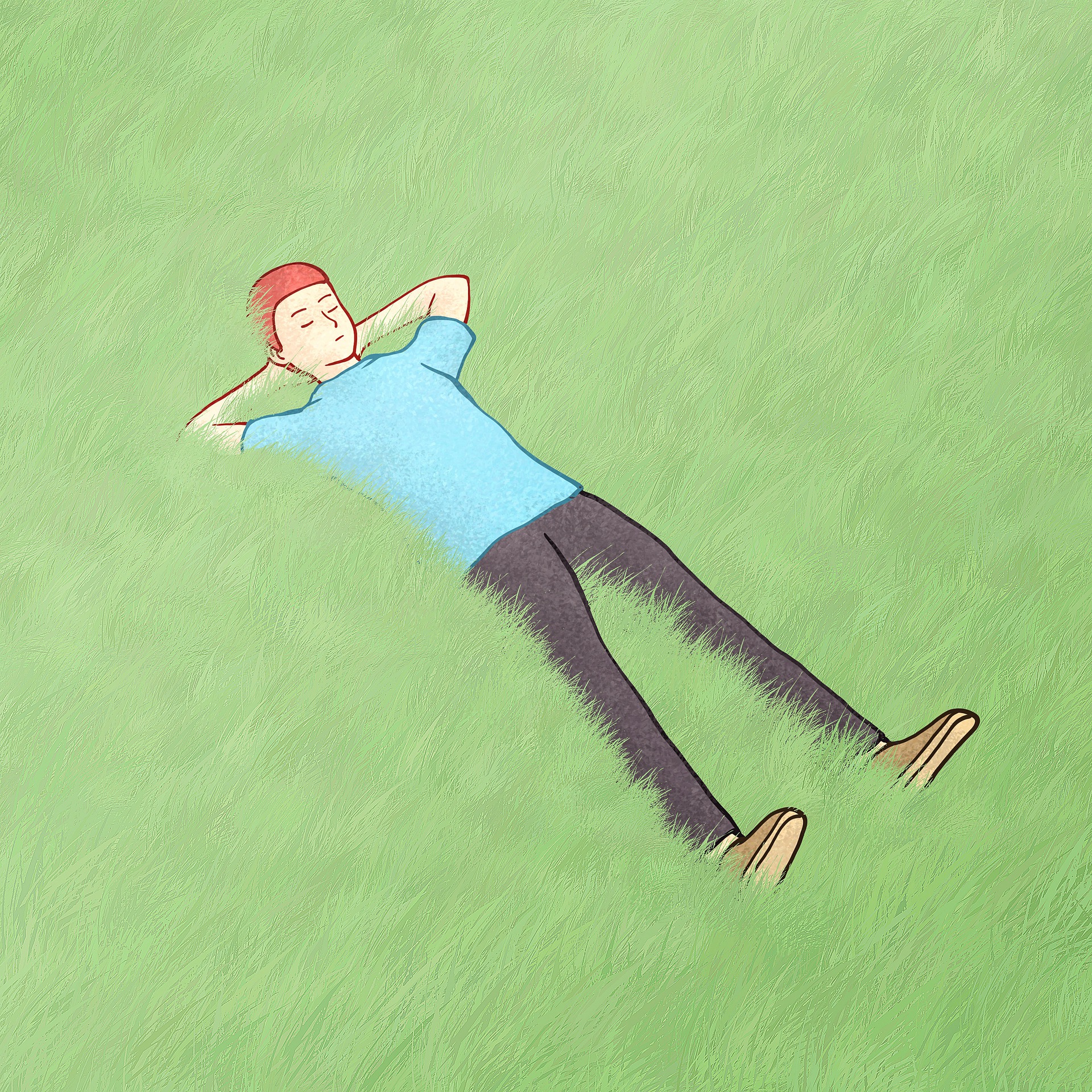Sleep Myths Debunked: The Truth About Common Sleep Beliefs
There are many myths and misconceptions surrounding sleep, from how much sleep you really need to what can help you get a better night’s rest. Unfortunately, many of these beliefs are not supported by scientific evidence and can actually harm your sleep quality. In this article, we will debunk some of the most common sleep myths and provide you with accurate information about getting the best sleep possible.
Myth 1: You need 8 hours of sleep per night
One of the most commonly cited beliefs about sleep is that you need to get eight hours of sleep every night. However, this is not entirely accurate. The amount of sleep a person needs can vary based on their age, lifestyle, and overall health. While some people may function well on just six hours of sleep, others may need up to nine or ten hours to feel well-rested. It’s important to listen to your body and determine how much sleep you need to function at your best.
Myth 2: Alcohol can help you sleep better
Many people believe that a nightcap before bed can help them fall asleep faster and sleep more soundly. While alcohol can make you feel drowsy and may help you fall asleep faster, it can also negatively impact the quality of your sleep. Alcohol disrupts the natural sleep cycle and can cause you to wake up frequently throughout the night. Additionally, it can make snoring and sleep apnea worse, leading to more disturbed sleep. It’s best to avoid alcohol before bed if you want to get a good night’s rest.
Myth 3: Sleeping pills are a safe way to improve sleep
Sleeping pills are often marketed as a quick fix for people who struggle with insomnia or other sleep disorders. However, many sleeping pills are habit-forming and can cause a range of side effects, from dizziness and drowsiness to memory problems and even addiction. Additionally, sleeping pills do not address the underlying causes of poor sleep, such as stress, poor sleep hygiene, or sleep apnea. If you’re struggling with sleep issues, it’s best to talk to your doctor and explore non-pharmaceutical solutions, such as cognitive-behavioral therapy or lifestyle changes.
In conclusion, there are many myths and misconceptions surrounding sleep that can negatively impact your sleep quality. By understanding the truth about these common beliefs, you can make informed decisions about your sleep habits and get the best rest possible. Remember, the key to good sleep is to listen to your body, create a comfortable sleep environment, and prioritize healthy sleep habits.
